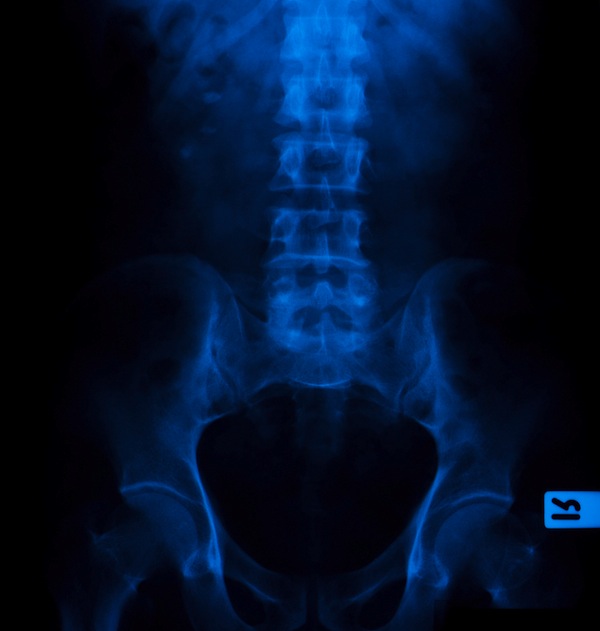Study: Too Much Vitamin C May Cause Kidney Stones


Can too much of a good thing be harmful to your health? One study published Feb. 4 in JAMA Internal Medicine found excessive doses of vitamin C may increase men’s likelihood of forming kidney stones. A group of Swedish researchers followed more than 23,000 men over an 11-year period during which about 2 percent developed kidney stones. But those who reported taking vitamin C supplements were twice as likely to develop stones as the general study group.
It is important that the public is aware that there may be risks associated with taking high doses of vitamin C,” said study co-author Agneta Akesson, an associate professor with the Karolinska Institute in Stockholm, Sweden. “Those with a history of kidney stones should consult their doctor before taking high-dose vitamin C supplements.”
Vitamin C supplement have been popular since Nobel laureate Linus Pauling and other health experts promoted its benefits in the mid-1950s. Pauling claimed the vitamin not only boosted the immune system to prevent colds, but also detoxified the body to protect the heart and fight cancer. The average man, however, needs only about 90 milligrams of vitamin C each day—easily ingested through a balanced diet. Most vitamin C supplements include at least 10 times the recommended daily amount.
There are no clear reasons to take supplemental vitamin C if adequate vitamin C is consumed in the diet,” Harvard School of Public Health’s Gary Curhan said. “Of note, we have found that higher vitamin C intake is associated with a reduced risk of gout, but this is not sufficient justification to take a supplement.”
Some people process excess vitamin C into the substance oxalate—an element of kidney stones. Although the link between the two has been debated in the past—Curhan now says that in addition to genetic components, there is enough evidence to warn men from taking vitamin C supplements.
High dose vitamin C supplements should be avoided,” he said.“ Particularly if an individual has a history of calcium oxalate stones.”
Other scientists still disagree, however. Harvard Medical School emeritus professor of ambulatory care Robert Fletcher, for example, points out if a cause-effect relationship truly exists, one of every 680 people taking high-dose vitamin C—ascorbic acid—would develop kidney stones.
This is not an insignificant risk,” Fletcher wrote. “But more to the point, is any additional risk worthwhile if high-dose ascorbic acid is not effective?”































